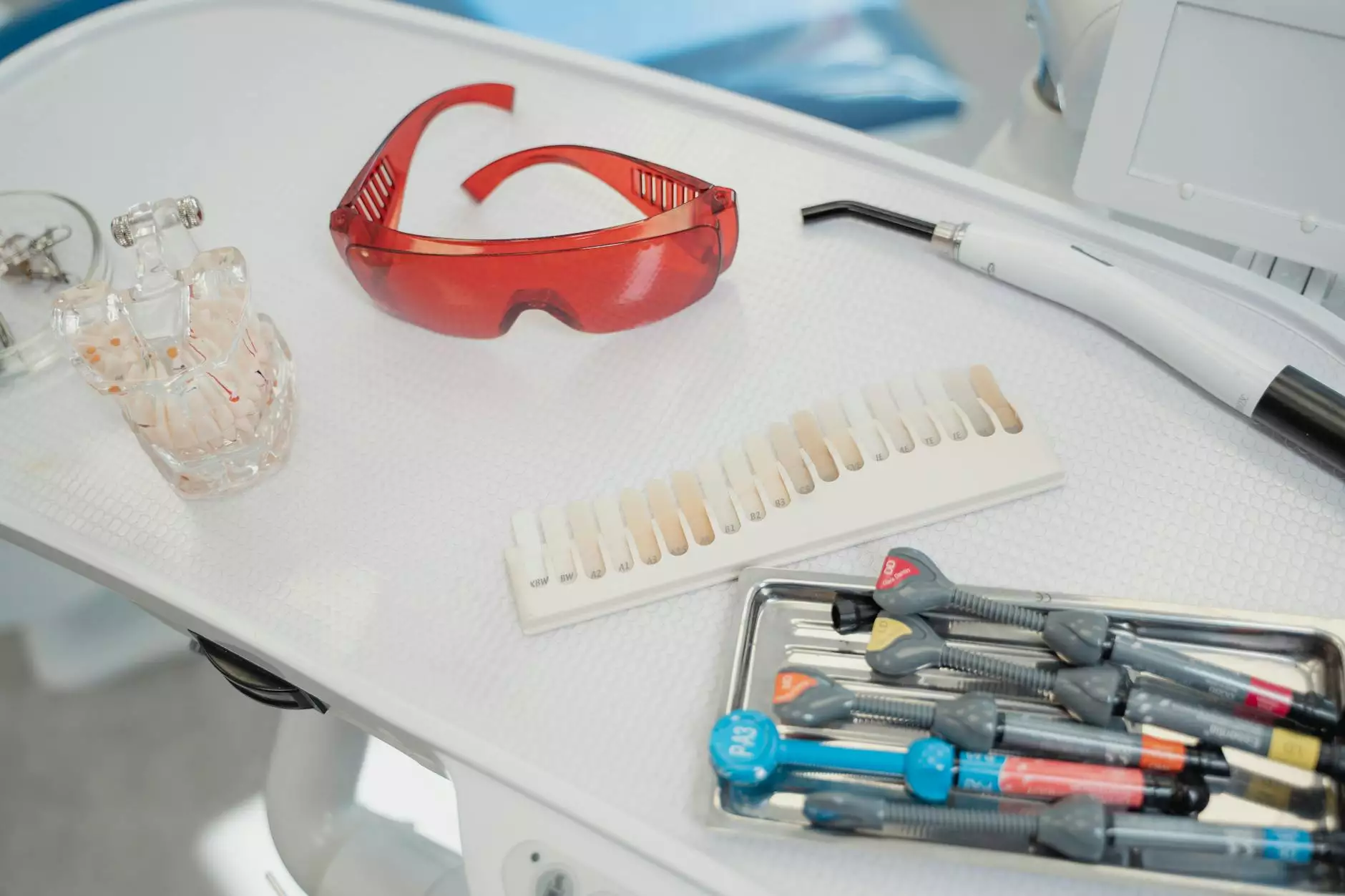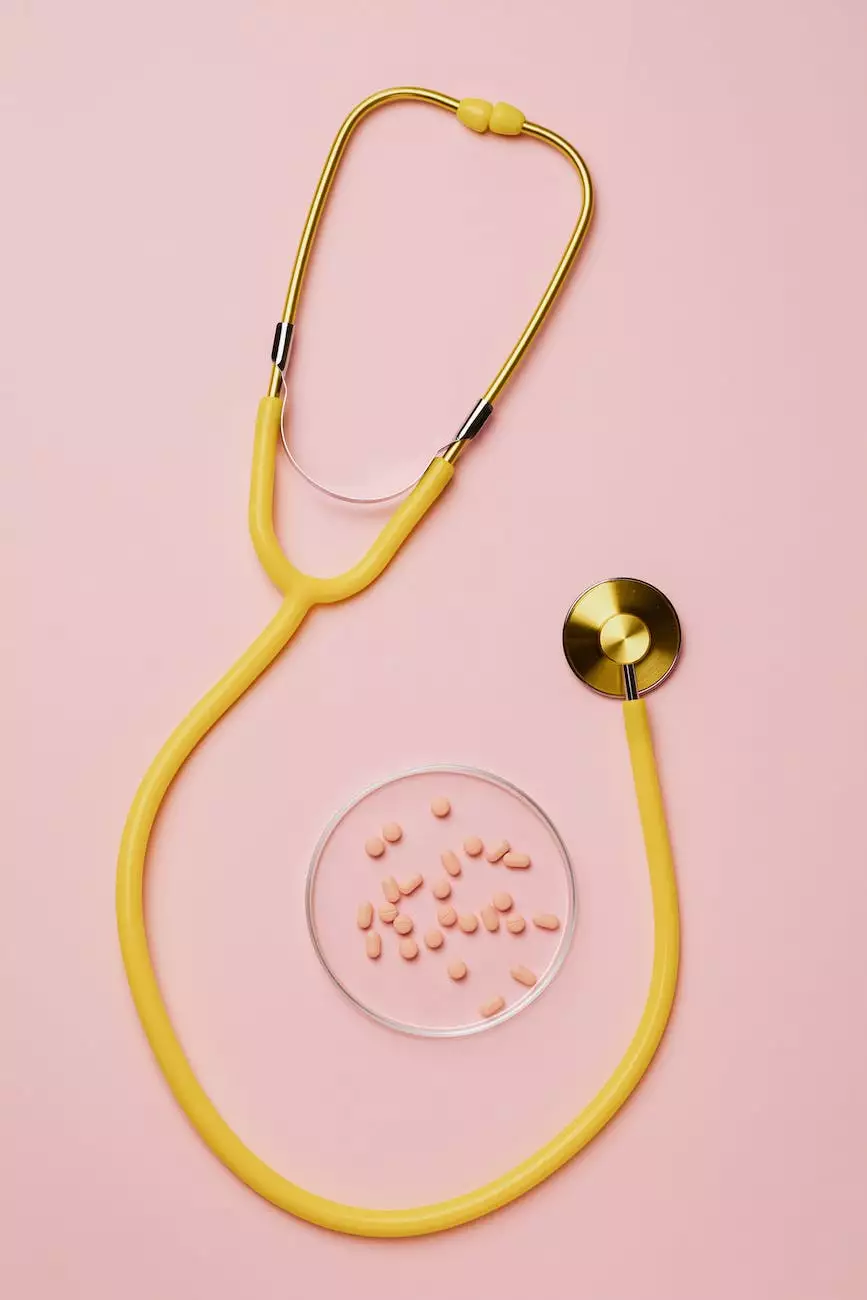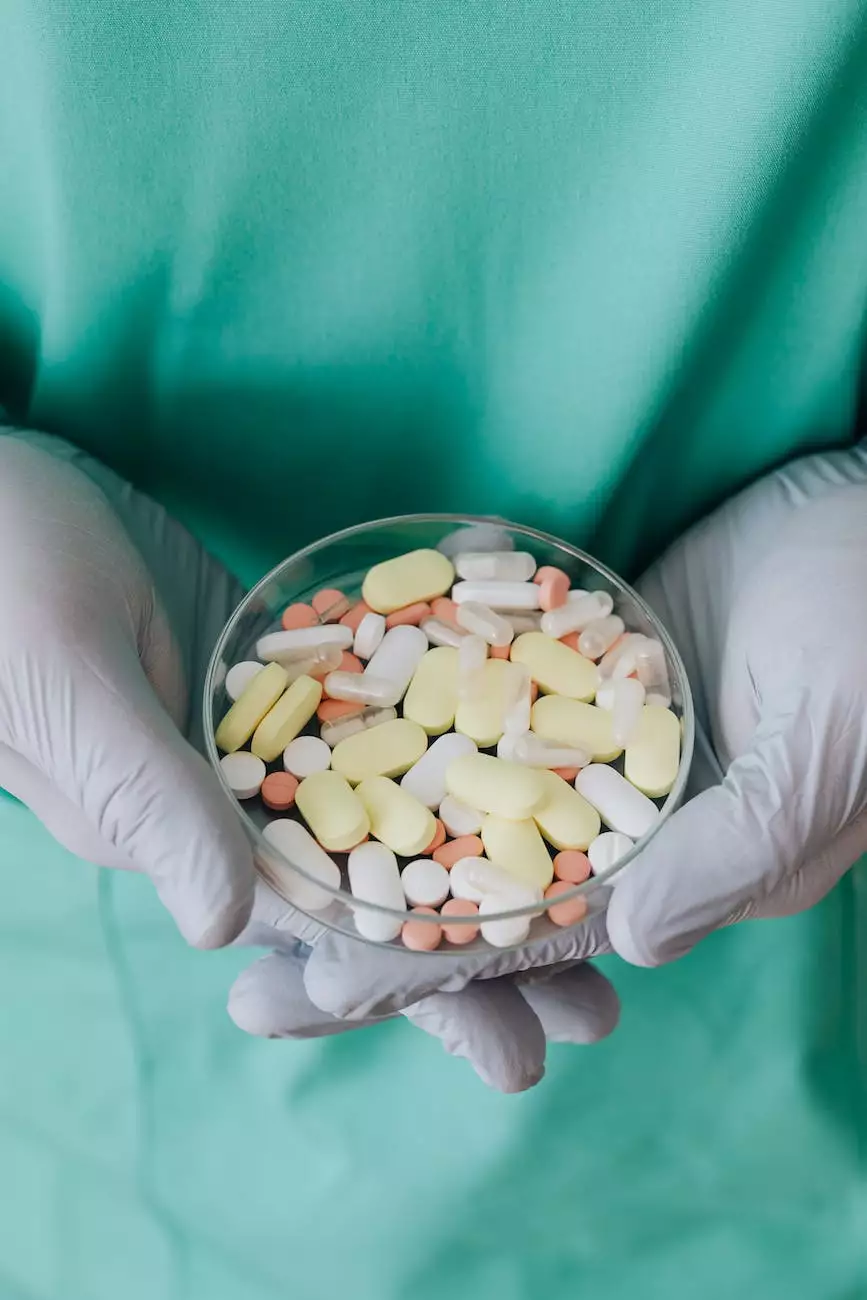Restraints - Ensuring Safety and Effective Treatment at Foley James D MD

Introduction
Welcome to Foley James D MD, your trusted healthcare provider! In this page, we will discuss the importance of restraints in patient care and their role in ensuring safety and effective treatment.
The Purpose of Restraints in Healthcare
Restraints are used in healthcare settings to protect patients and healthcare professionals from harm. They are essential in situations where patients may pose a risk to themselves or others due to their medical condition or behavior. The primary purpose of restraints is to maintain patient safety and promote optimal care.
Types of Restraints
There are various types of restraints that may be used in healthcare settings. It is important to note that the usage of restraints should always be justified, and the least restrictive options should be considered first. The different types of restraints include:
1. Physical Restraints
Physical restraints involve the use of devices to restrict a patient's movement. Examples of physical restraints include wrist and ankle restraints, soft limb ties, vests, mittens, and wheelchair belts. These restraints are typically made of comfortable materials to minimize discomfort and promote patient well-being.
2. Chemical Restraints
Chemical restraints refer to the use of medications to manage a patient's behavior or agitation. These medications are prescribed by healthcare professionals and are administered in appropriate doses and under strict supervision. The goal is to calm the patient without causing harm or impairing their overall health.
Proper Usage of Restraints
The usage of restraints should always be guided by proper protocols and guidelines. At Foley James D MD, we prioritize patient safety and follow best practices when it comes to restraining patients. Here are some key points to consider:
1. Comprehensive Assessment
Prior to using restraints, a comprehensive assessment of the patient's condition, medical history, and behavior should be conducted. This assessment helps in determining the necessity of restraints and identifying the least restrictive measures.
2. Informed Consent
Whenever possible, the patient or their legal guardian should provide informed consent before the usage of restraints. It is crucial to explain the rationale behind the restraint and address any concerns they may have.
3. Regular Monitoring
Patients under restraints should be closely monitored to ensure their safety and well-being. Healthcare professionals should regularly check on the patient's comfort, circulation, and mental status. Regular re-evaluation should be conducted to assess the ongoing need for restraints.
The Role of Restraints in Patient Care
Restraints, when used appropriately, play a significant role in patient care. They help:
1. Prevent Self-Injury
If a patient poses a risk of self-injury due to confusion, disorientation, or self-destructive behavior, restraints can be implemented to prevent harm. It ensures the patient's safety while enabling healthcare professionals to provide necessary treatment.
2. Protect Others
In situations where a patient exhibits aggressive or violent behaviors that may endanger others, restraints can be utilized to protect both healthcare professionals and other patients.
3. Facilitate Interventions
Restraints can also be necessary during medical procedures or interventions to ensure the patient remains still and prevent any disruptions that may compromise the success of the procedure.
Your Visit to Foley James D MD
At Foley James D MD, we understand the importance of providing compassionate and safe patient care. Our experienced healthcare professionals are well-trained in the proper usage of restraints when necessary. Rest assured that patient safety is always our top priority.
If you have any concerns or questions regarding the usage of restraints or any other aspect of your visit, please don't hesitate to get in touch with our dedicated team. We are here to provide you with the highest level of care and ensure your peace of mind.
Conclusion
Restraints have a significant role in patient care, ensuring safety, and facilitating effective treatment. Understanding their purpose, types, and proper usage is essential for both healthcare professionals and patients. At Foley James D MD, we are committed to providing exceptional care while prioritizing patient safety. Your well-being is our utmost concern, and we strive to create a comfortable and secure environment for all our patients.










